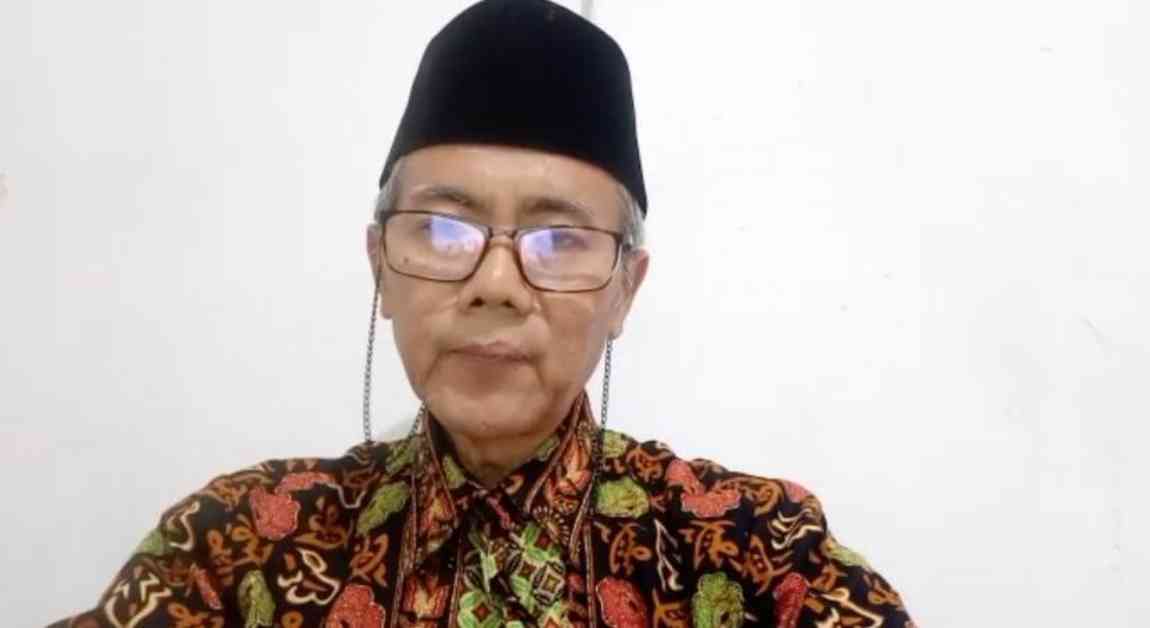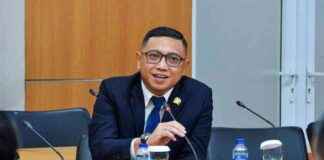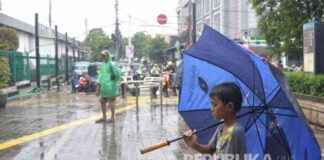Islamic Countries Urged to Monitor Weapon Ceasefire Amid Accusations Against Israel
In a recent development, Prof. Sudarnoto Abdul Hakim, the Chairman of the Indonesian Ulema Council (MUI) for Foreign Relations and International Cooperation, has called for Islamic nations to closely monitor the ceasefire of weapons. His statement comes in light of ongoing accusations against Israel for repeated betrayals and actions that have undermined peace efforts in the region.
Concerns Raised by MUI Chairman
Speaking to Republika on Friday, Prof. Sudarnoto highlighted Israel’s long history of betrayals, dating back to the time of Prophet Muhammad. He emphasized the need for Islamic countries like Qatar, the UAE, Egypt, and Turkey to exert pressure on Israel to ensure compliance with ceasefire agreements. Prof. Sudarnoto stressed the importance of active monitoring and lobbying to prevent further violations.
Global Diplomatic Efforts and Indonesia’s Role
Furthermore, Prof. Sudarnoto noted that countries not directly involved in the Palestinian issue must also engage in diplomatic efforts. He specifically mentioned Indonesia’s role in strengthening diplomatic initiatives to garner support for ceasefire processes. Despite previous unsuccessful attempts at ceasefire agreements due to Israeli actions, he remains optimistic about the current political climate.
Prof. Sudarnoto pointed out a significant shift in the situation, citing Israel’s declining economy and the rise of extreme right-wing figures within the Israeli government. He highlighted the financial strain incurred by Israel from its actions in Gaza and the challenges posed by groups supporting extremist ideologies. Despite the high costs, Hamas fighters have proven resilient, leading to further economic deterioration in Israel.
In conclusion, the need for continuous monitoring of the ceasefire, active diplomatic engagement, and collective efforts from Islamic nations and other global partners remains crucial in ensuring lasting peace in the region. Prof. Sudarnoto’s insights shed light on the complex dynamics at play and emphasize the importance of sustained international cooperation in addressing the ongoing conflict effectively.














